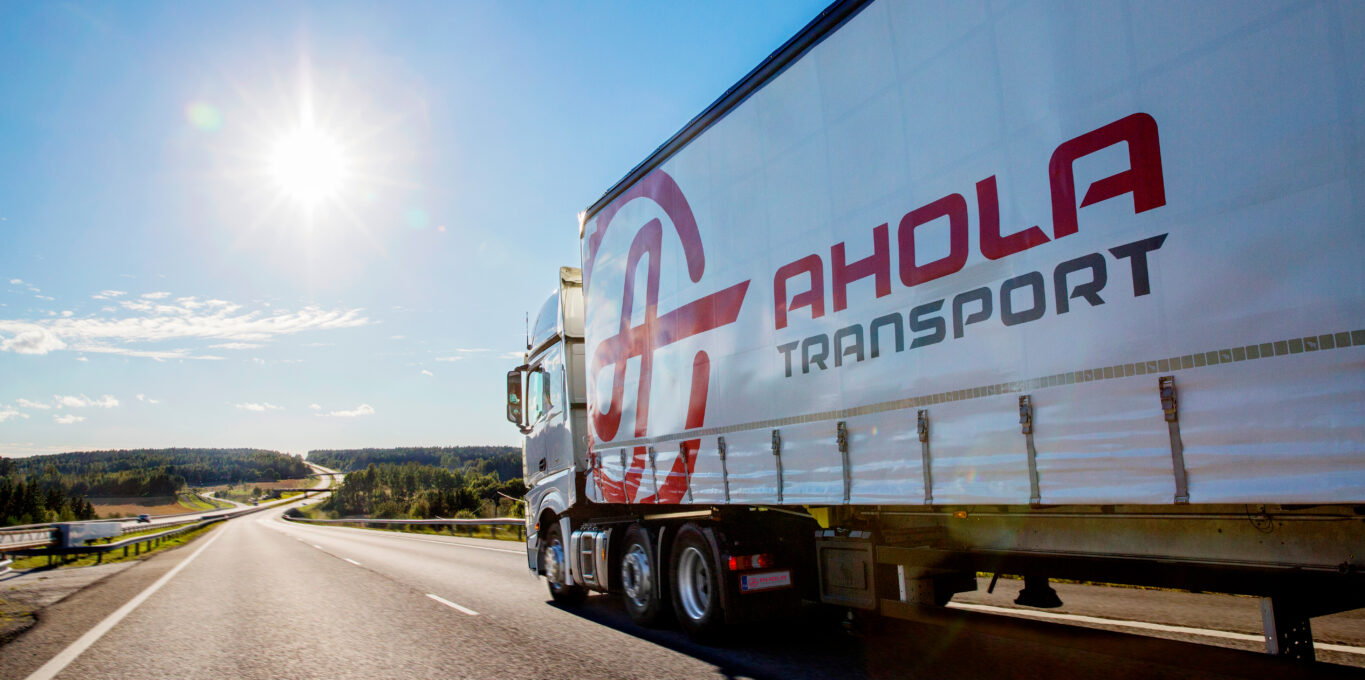16.02.2022
The implementation of the EU mobility package for road transport causes changes in the industry
The EU Mobility package in a nutshell
The EU decision-making bodies approved the EU mobility package for road transport on August 20th, 2020.
The purpose of the legal package is, among other things, to unify competitive conditions in the transport industry, fight the grey economy and unify the wage level, improve social protection and working conditions for drivers.
The mobility package is being implemented in stages and has partly entered into force as early as 2020. The following provisions have already been implemented:
The driver must not spend the weekly rest (45h) in the truck’s cabin. If the weekly rest is spent away from home, the employer must arrange accommodation.
The driver must be granted the opportunity to return to his home country every 3 to 4 weeks.
The changes that came into force on 02.02.2022 are more extensive:
Posting of drivers should occur in countries where that driver is active. The employer must, among other things, state the start and end dates for the assignment in each country. All data must be registered in IMI (Internal Market Information System)
Carriers must pay drivers at least the full minimum wage applicable to each issue throughout their employment.
Border crossings must be registered in digital tachographs.
Drivers’ salaries will be covered by documentation requirements and a manual registration in IMI until the new digital method replaces the manual process.
Carriers must demonstrate that they are active in the Member State in which they are established.
When the number of cabotage operations authorized is (no more than three during seven days) is consumed, the driver concerned is instructed to leave the country where the cabotage operations take place for a so-called cooling-off period, which must be at least four days before return.
The vehicle must return every eight weeks to the country where it is registered (Valid from 21.02.2022)
In connection with the mobility package, Poland has also changed the tax system, which leads to higher social costs for drivers in international traffic.
Between 2023 and 2025, the last part of the mobility package will be implemented by introducing second-generation digital tachographs.
Impact of the mobility package
We at Ahola Transport welcome these initiatives to improve working conditions in the industry. Our suppliers and drivers are our most essential resources, and we want to do everything we can to ensure good working conditions for them.
However, the implementation of these changes will mean that transport prices will rise as costs and administrative work increase. The industry is already suffering from a driver shortage and global component shortages, further complicating the situation.
The local legislation regarding the mobility package in various EU countries has not yet been implemented. Therefore, it is difficult to assess how much impact it will have on the different market areas. We follow developments closely and inform our customers as the situation develops.
Your contact person at Ahola Transport is happy to help you with all questions regarding your transports.
Via these links, you can read more about the mobility package:
https://transport.ec.europa.eu/transport-modes/road/mobility-package-i_en
https://www.etf-europe.org/activity/mobility-package-next-steps/
